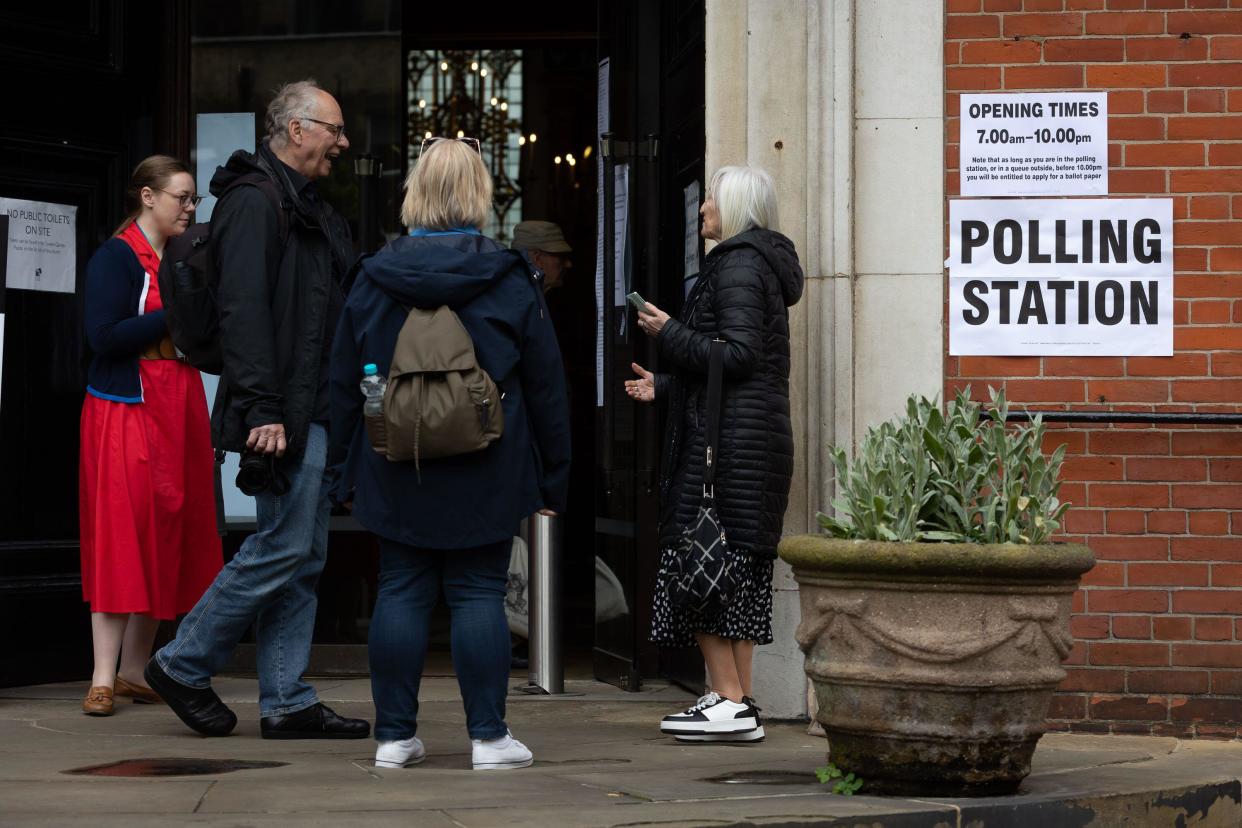What are Labour and the Conservatives promising on housing?

The Conservative and Labour manifestos seem to align when it comes to boosting support for first-time buyers and the need to build more homes in the UK. However, a critical shortfall in funding for affordable housing will make these targets hard to hit, according to new Resolution Foundation research.
Both major parties have pledged significant initiatives aimed at supporting first-time buyers. Labour plans to extend the Mortgage Guarantee Scheme permanently. Introduced by the previous government, this allows lenders to pay a fee in return for the government underwriting the riskiest part of a mortgage.
Meanwhile, the Conservatives have set a target of delivering 1.6 million new homes by 2029, surpassing Labour's commitment of 1.5 million over the same period. Achieving these targets, which require an annual delivery of at least 300,000 new homes in England alone, hinges on substantial reforms to the planning system.
Read more: What Labour and the Tories are offering pensioners in their manifestos
Historically, the UK last approached these levels of housebuilding during the 1970s, when local authorities and housing associations played a pivotal role in construction. However, recent decades have seen their contribution diminish significantly, posing a challenge to meeting current housing needs.
Both main parties say they would achieve their goals through reforming the planning system, although while the Conservatives are wedded to the green belt, Labour’s strategy is to allow some building on lower quality ‘grey belt’ land.
The Resolution Foundation warns that the absence of funding specifically earmarked for affordable housing will make it extremely challenging for either of the main parties to get remotely close to their housebuilding targets. This funding gap threatens to exacerbate pressures on low-income families, particularly as existing plans to reduce support for low-income private renters via a cash freeze in Local Housing Allowance (LHA) remain.
More positively, both parties have committed funding to improving the energy efficiency of the nation’s housing stock. The Conservatives have committed £6bn over the next three years to this goal, while Labour have committed an additional £6.6bn over the next parliament through their ‘Warm Homes Plan.’
Yet, their plans to freeze LHA support for low-income private renters could strain household budgets further. This, coupled with record numbers of households in temporary accommodation, underscores the urgent need for a more comprehensive approach to housing policy.
Private renters are paying on average more than three-times as much as mortgagors for their housing.
Read more: UK housing market steadies despite election uncertainty
Cara Pacitti, senior economist at the Resolution Foundation, highlighted the need for additional funding to translate political consensus into reality. “Housing has risen up the political agenda in recent years, both in terms of its salience as an issue among voters, and as a focus for action in the main parties’ manifestos.
“There is a welcome new policy consensus emerging on both the need to assist first-time buyers and to dramatically increase the number of new homes built across Britain, in order to reduce housing costs and get youth home ownership on a sustained upward path.
Read more: Best UK mortgage deals of the week
“But whoever wins the next election will struggle to hit these stretching targets without significantly more funding in place to boost affordable house building and to support low-income families with rising rents. Britain’s new housing consensus desperately needs new cash for it to deliver.”
Housing is a key issue among voters, with nearly a quarter citing it as a top national concern, up from 11% in 2020. The Foundation's analysis shows a long-term fall in home ownership, especially among young people. The share of families headed by someone aged 19-29 years that own their own home is at 12%, less than half the level it reached in the peak home-owning year of 1990, although it has risen from a low point of 8% in 2015-16.
Watch: House prices creep up as market shows 'resilience'
Download the Yahoo Finance app, available for Apple and Android.


